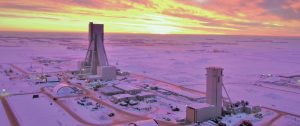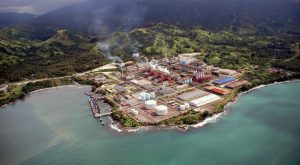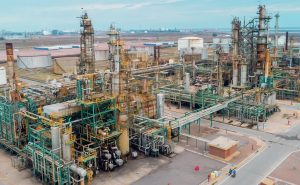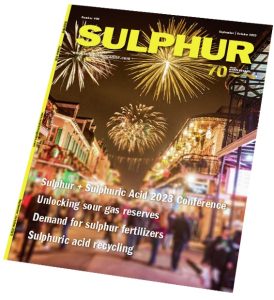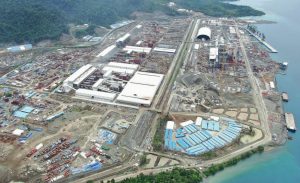Jiangsu Sailboat Petrochemical has started up a CO2 -to-methanol plant at the Shenghong Petrochemical Industrial Park. The plant was developed in conjunction with Iceland’s Carbon Recycling International (CRI), with the plant brought to life in under two years from the initial contract signing. The methanol plant uses CRI’s proprietary emissions-to-liquids (ETL) technology, transforming waste carbon dioxide and hydrogen gases into sustainable, commercial-grade methanol. According to CRI, uses 150,000 t/a of carbon dioxide sourced from waste streams at the large petrochemical complex as feedstock, significantly reducing emissions that would have otherwise been released into the atmosphere. The plant has the capacity to produce 100,000 t/a of sustainable methanol, used primarily to supply Jiangsu’s methanol to olefins facility to produce chemical derivatives, including sustainable plastics and EVA coatings for solar panels. This is expected to reduce the reliance on fossil-based methanol to drive more sustainable value chains and carbon footprint reduction initiatives across various sectors, such as industrial manufacturing and renewable energy.

